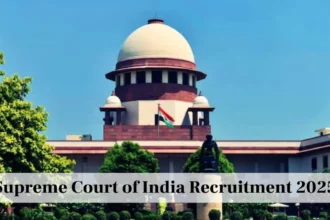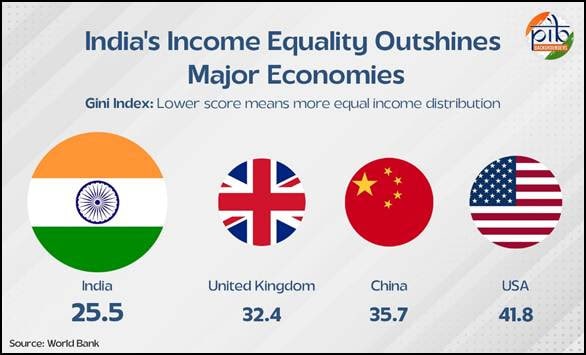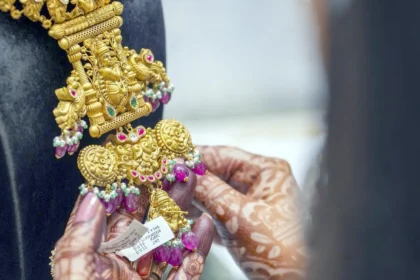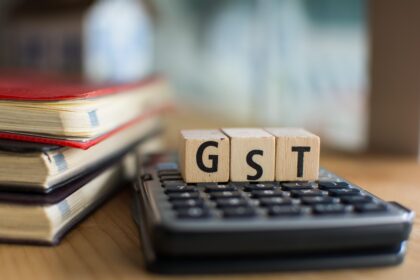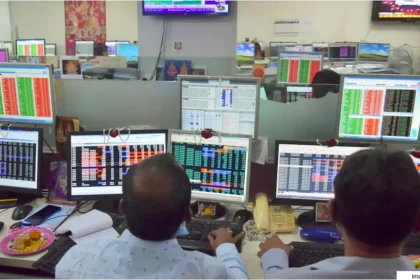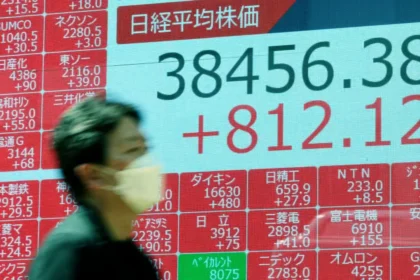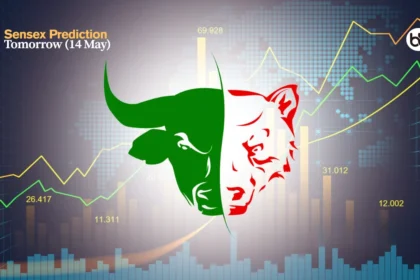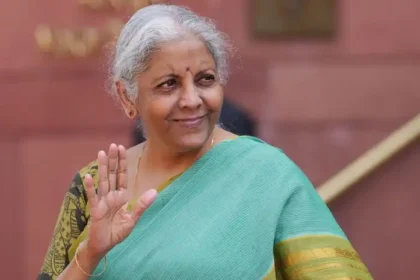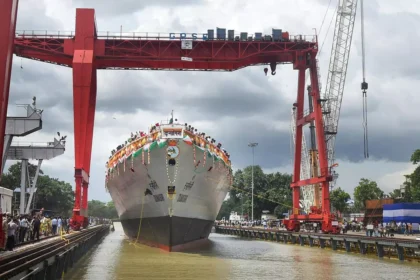India Among World’s Most Equal Societies: World Bank Places Nation at No. 4
India has been ranked as the fourth-most equal country globally in terms of income distribution, according to a recent World Bank report, marking a major milestone in the country’s economic and social development journey. The report, which evaluated 167 countries, credits this significant improvement to a sharp decline in inequality between 2011-12 and 2022-23, alongside an unprecedented reduction in extreme poverty levels.
📉 From Inequality to Equity: India’s Leap in Numbers
According to the report, India’s Gini Index—a widely used statistical measure of income or consumption inequality—stood at 25.5 in 2022, improving from 28.8 in 2011. A lower Gini score denotes greater equality, and India’s current ranking places it just behind Slovak Republic, Slovenia, and Belarus, and ahead of countries like the USA, UK, and China.
-
China: Gini Index – 35.7
-
USA: Gini Index – 41.8
-
India: Gini Index – 25.5
India now falls under the “moderately low inequality” bracket (25–30), and is on the verge of joining the “low inequality” group (below 25).
🚨 Poverty Reduction: 171 Million Lifted Out of Extreme Poverty
The report highlights another extraordinary achievement—extreme poverty in India has plummeted from 16.2% in 2011-12 to just 2.3% in 2022-23. This translates to over 171 million Indians moving above the global poverty line (previously defined as living on less than $2.15/day).
🏛️ Government Schemes Behind the Transformation
The government attributes this progress to targeted social welfare programmes rolled out over the last decade, designed to promote inclusive growth and financial empowerment. Key contributors include:
-
Pradhan Mantri Jan Dhan Yojana (PMJDY) – Financial inclusion via zero-balance bank accounts
-
Direct Benefit Transfer (DBT) – Leak-proof welfare delivery
-
Ayushman Bharat – Universal health coverage
-
Stand-Up India & PM Vishwakarma Yojana – Support for entrepreneurship and skilled workers
These schemes, according to the release, have not only improved access to banking, healthcare, and food, but also empowered marginalised groups to become self-reliant.





